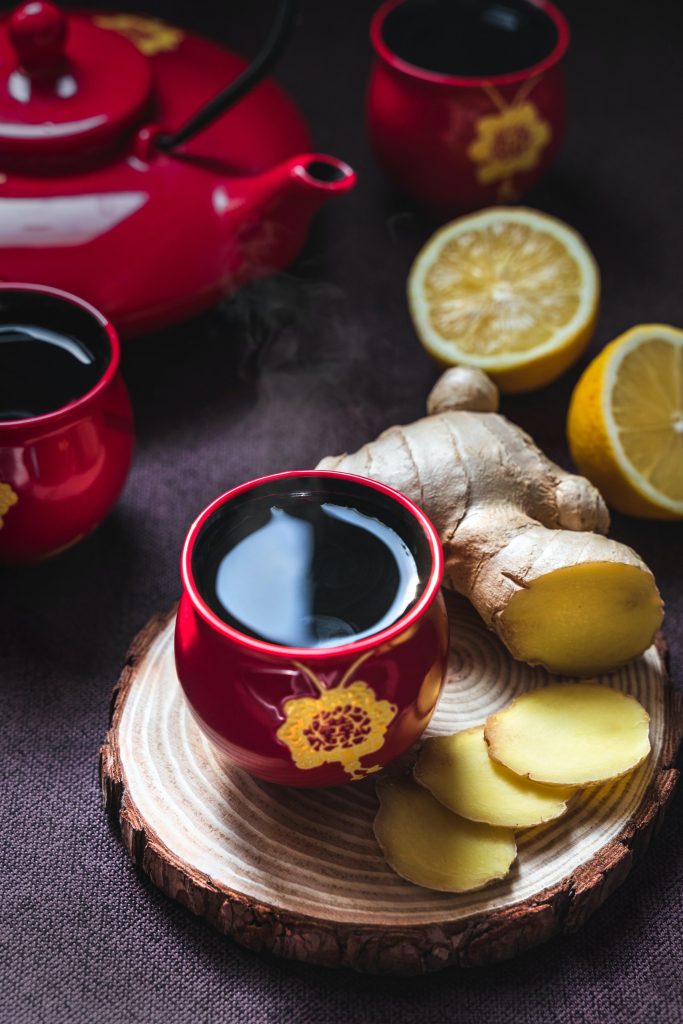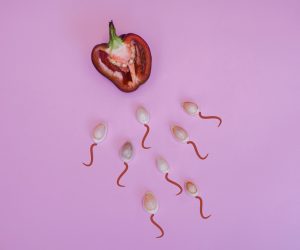Photo by Eiliv-Sonas Aceron on Unsplash
Medicinal teas that work – by Duane Law, L.Ac. (USA)
There’s a crucial difference between making a beverage tea and making a medicinal tea. The difference: how long you steep it.
This is an abstract from Duane Law´s post on fighting flu and respiratory diseases.
Ginger root tea is the base for any flu-fighting medicinal tea I make (with one exception: sore throat. Ginger’s too hot for sore throats.) Ginger’s a natural antibiotic, a natural anti-viral, and is detoxifying to boot (More about this in another segment where we’ll look at an old naturopathic concept: flus as the “brush fires” of the body.)
There’s a crucial difference between making a beverage tea and making a medicinal tea. The difference: how long you steep it. If you want many medicinal teas to work (especially the roots) they need to be steeped at least 45 minutes; better an hour. Want to make the tea even stronger? Keep it cycling through periods of cooling and re-heating, or better yet, make it in a thermos. Don’t let it boil, though … it’ll weaken the tea and quite likely make an unholy mess on your stovetop!
Now straight ginger root tea, made this way, is impossibly spicy to most people. The solution? Add apple juice to taste. Typically 1/4 to 1/3 the volume will do it for even the most strongly-brewed ginger tea.
Slice up a generous handful of ginger root, fill a two quart pot with water, bring it to a boil, then shut off the heat, add the ginger root, cover and let sit. Be sure you’re using fresh ginger, not the kind that’s processed and dried and comes in teabags.
Dosage, as usual, is everything. Two to three 8 oz cups can be considered as one dose … and it’s best to take at least 3-4 doses/day; more if you want to cycle through the flu quickly. That’s another difference between medicinal teas and beverage teas. Medicinal teas work best when you drink them like a fish.
When I’m fighting a flu I almost always have a cup nearby and sip from it pretty much constantly. In my line of work I don’t have a day to waste.
Ginger’s really good at helping with chest congestion characterized by white or clear phlegm. It’s also good with head colds. If you’ve got a sore throat or are coughing up yellow phlegm, replace the ginger root with 5-6 tea bags of Traditional Medicinal’s Throat Coat tea, available in any good health food store. Ginger is far too “hot” an herb to help with a sore throat, aleady a highly inflamed condition. Be sure to steep the Throat Coat in the same way as the ginger (apple juice probably not needed.)
If the problem is coughing, try 5-6 tea bags of Traditional Medicinal’s Gypsy Cold Care. Same drill.




